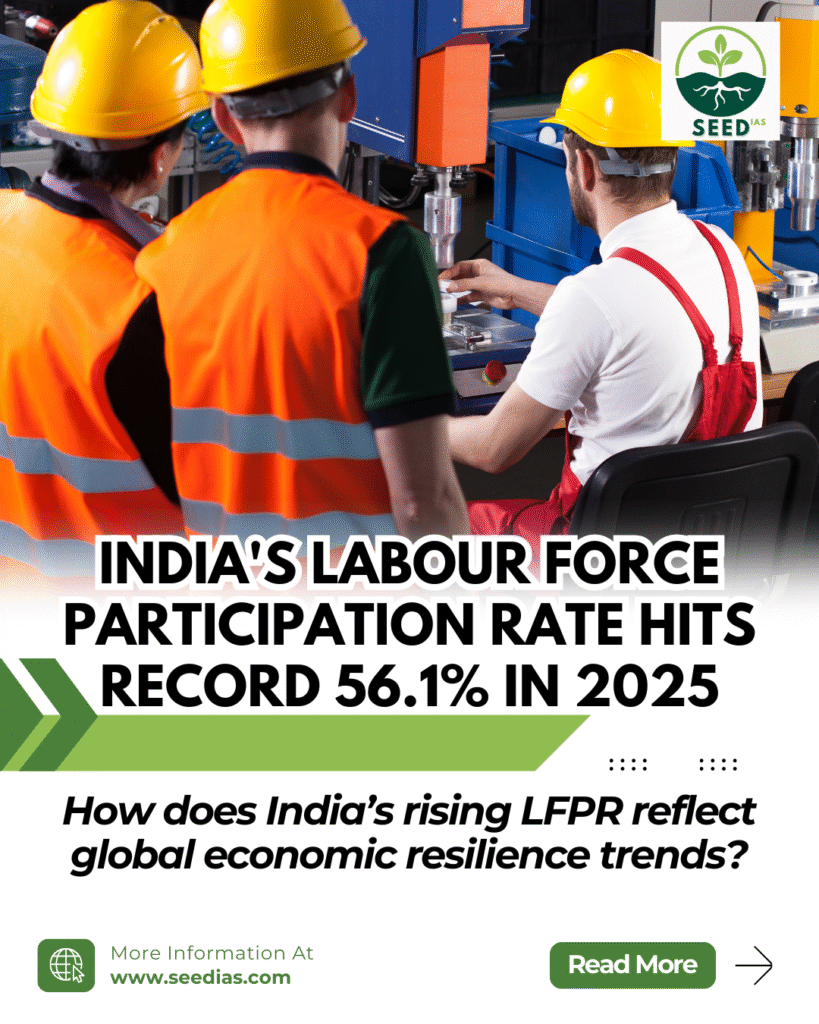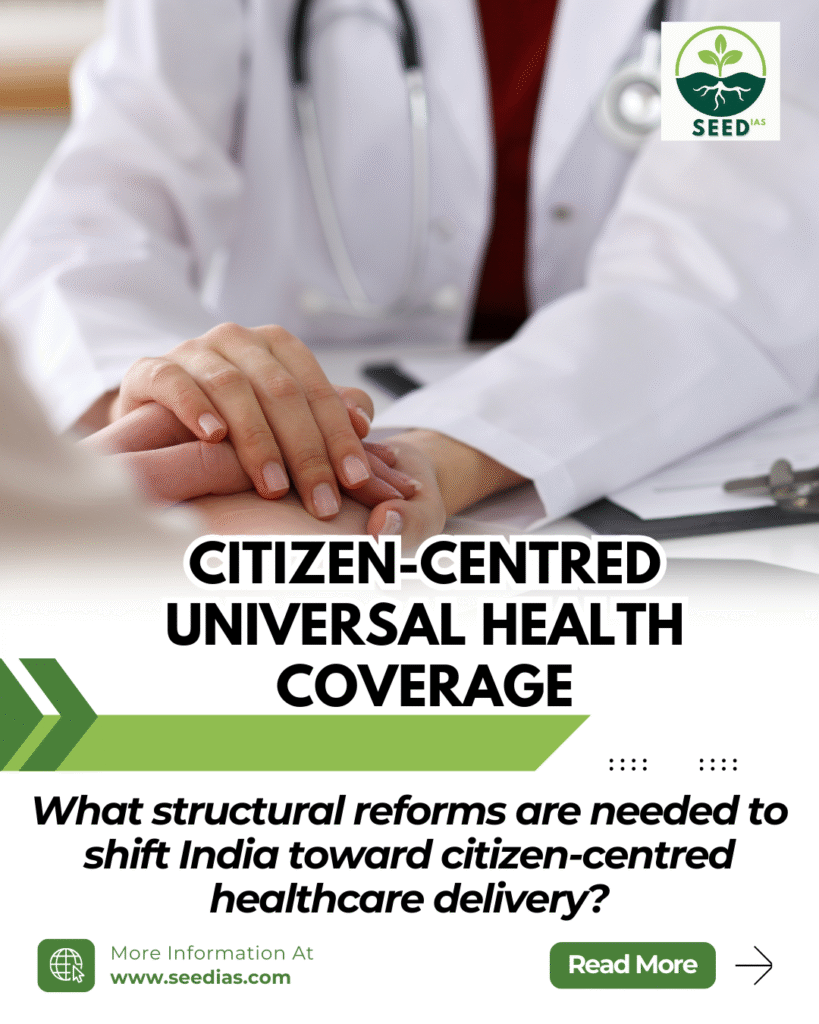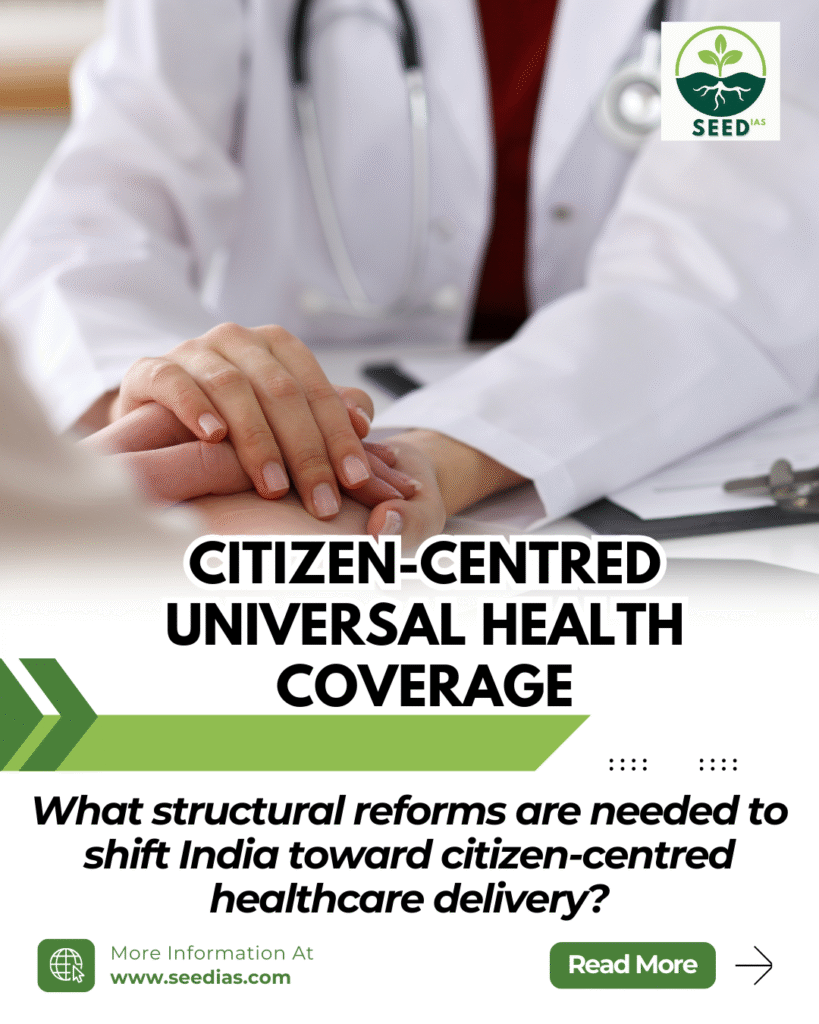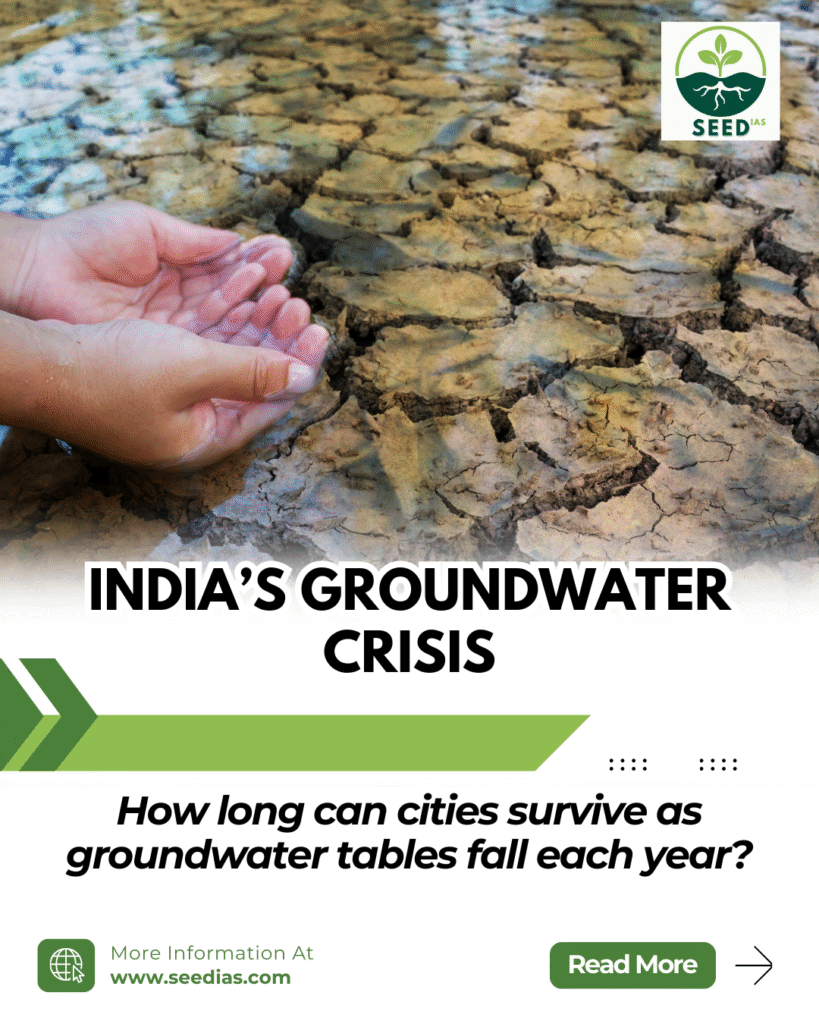Why in News
The OPEC+ group, led by Saudi Arabia, has increased oil production by 411,000 barrels per day—marking the third consecutive monthly hike—gradually reversing voluntary output cuts from 2023.
Key Features: OPEC & OPEC+
| Feature | Details |
|---|---|
| Founded | 1960, at Baghdad Conference (Iran, Iraq, Kuwait, Saudi Arabia, Venezuela) |
| Headquarters | Vienna, Austria |
| Current OPEC Members | 12 (e.g., Saudi Arabia, Iran, Iraq, UAE, Nigeria) |
| OPEC+ Members | OPEC + 10 others (e.g., Russia, Kazakhstan, Mexico, Oman) |
| Global Oil Share | OPEC: ~30% crude, 80% reserves; OPEC+: ~60% of global oil output |
| Swing Producer | Saudi Arabia, due to spare production capacity and strategic pricing |
Reasons Behind Production Hike
| Factor | Explanation |
|---|---|
| Weak Impact of 2023 Cuts | 2.2 million bpd cuts failed to raise prices significantly |
| Overproduction by Members | Iraq, Kazakhstan, Nigeria, and UAE exceeded production limits |
| Post-COVID Market Complexity | Uneven demand, rise of non-OPEC freelance producers |
| US Shale and Non-OPEC Growth | Increased production from Brazil, Guyana, and US shale |
| Shift to Market Share Strategy | Saudi Arabia prioritizing dominance over price stability |
Global Oil Demand Trends
| Trend | Detail |
|---|---|
| Slowing Growth | IEA projects only 0.73% growth in 2025 |
| EV Adoption & Climate Action | Contributing to potential long-term demand plateau |
| Weak Global Trade | WTO forecasts 0.2% decline in 2025 trade; lower GDP projections globally |
| Sanctions Impact | Russia, Iran, and Venezuela restricted in exports due to US sanctions |
Implications for India
| Dimension | Impact |
|---|---|
| Energy Dependence | India = 3rd-largest crude importer; demand rising 3.2% in 2024-25 |
| Import Bill Sensitivity | $1 drop in crude = ~$1.5 billion annual savings |
| Remittance Risks | Gulf economic slowdown could affect 9+ million Indian expatriates |
| Fiscal & Trade Concerns | Oil-linked revenues and investment flows may decline |
| Strategic Need | Diversify energy sources, reduce hydrocarbon dependence |
Prelims Practice MCQs
1. With reference to OPEC, consider the following statements:
- It was established in Vienna in 1960.
- Saudi Arabia is the largest oil producer among OPEC nations.
- OPEC+ accounts for about 60% of global oil output.
Which of the above statements is/are correct?
A. 1 and 2 only
B. 2 and 3 only
C. 1 and 3 only
D. 1, 2 and 3
Answer: B
Statement 1 is incorrect – OPEC was founded in Baghdad.
2. The term “swing producer” in the context of crude oil refers to:
A. A country with the most oil reserves
B. A producer that can change output quickly to influence prices
C. A nation that controls most oil trade routes
D. A country that frequently changes its production partners
Answer: B
3. Which of the following are members of OPEC+ but not part of OPEC?
- Mexico
- Nigeria
- Russia
- Iran
Select the correct answer using the code below:
A. 1 and 3 only
B. 2 and 4 only
C. 1, 3 and 4 only
D. 1, 2 and 3 only
Answer: A
Mains Practice Question
Q. Volatile crude oil prices pose a dual challenge for India—balancing short-term gains with long-term vulnerabilities. Examine the impact of recent OPEC+ production hikes on India’s economy. Suggest strategic measures to insulate India from oil market uncertainties. (250 words)














